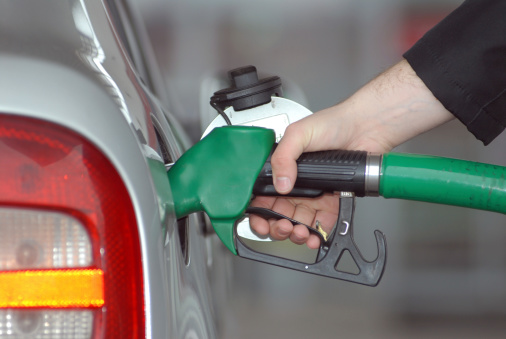
If there’s so much crude in U.S. inventories, then it should follow that gasoline prices should be falling, not rising as they have been nearly every day for the past three months. Part of the reason for the price hikes is seasonal: as refineries switch over from winter fuel to summer fuel, there are temporary shortages, and then when the summer fuel is available it costs more because it is more expensive to refine.
But costs are also rising because many Gulf Coast refineries added capability over the past several years to refine cheaper, lower grade crude oil. North Dakota and Texas produce light crudes that are more costly for refiners to purchase but are cheaper and easier to refine into gasoline and other products. The heavier, more sour crudes from Saudi Arabia and Venezuela are much less costly and can be refined more cheaply into diesel fuel which commands a premium price both in the U.S. and abroad. Paying higher prices for light crude to refine into diesel fuel is a waste of money.
Refiners are also able to export refined products while producers cannot export crude. To get around that restriction, some integrated oil companies have begun to process crude into condensate products that meet the definition of a refined product and may thus be exported. This has kept the supply of gasoline in the U.S. relatively tight and contributed to the higher gasoline prices.
According to AAA’s Daily Fuel Gauge Report, the current U.S. average retail price for a gallon of regular gasoline is $3.696 a gallon, up from $3.668 a week ago and $3.537 a month ago. A gallon of gasoline cost $3.502 at this time last year.
Crude oil inventories won’t fall until refiners have some incentive to process the lighter U.S. crudes. And incentives generally are defined as higher prices for the refined products or lower prices for the feedstock. So far, neither has occurred.
ALSO READ: States with the Highest Gas Prices
Thank you for reading! Have some feedback for us?
Contact the 24/7 Wall St. editorial team.



